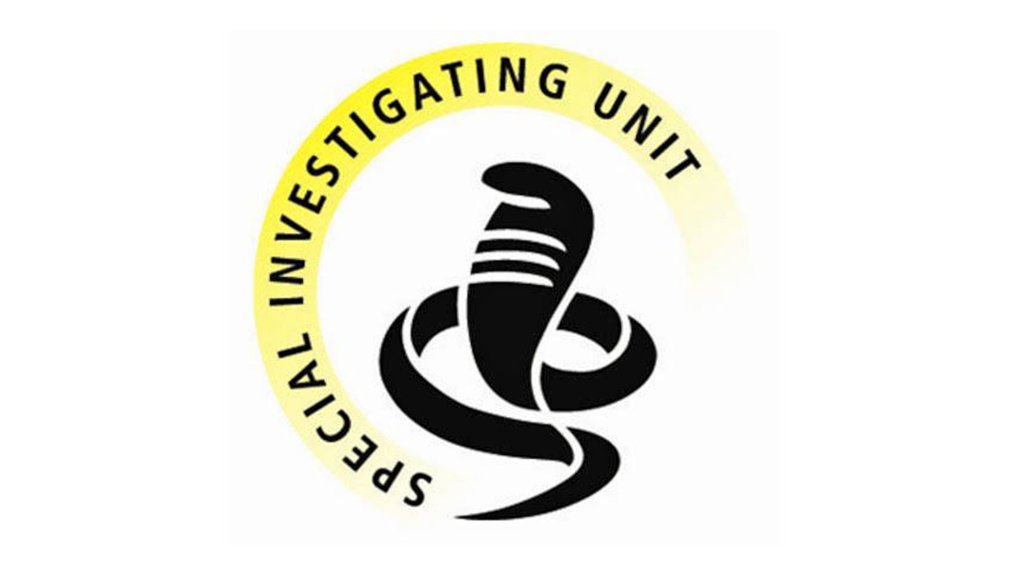The Institute for Security Studies (ISS) said on Wednesday that while the Special Investigating Unit (SIU) has comparatively good investigation, litigation and prevention capabilities, its current successes need to be expanded with careful regard for key risks.
This was important, the ISS said, as support grew for the SIU to be the country’s new dedicated anti-corruption agency.
On Wednesday, the ISS released its policy brief, which examines the features associated with the success of the SIU, and explores the challenges facing the institution. The ISS makes recommendations for how to address these.
ISS consultant and researcher on policing, criminal justice and corruption David Bruce advised that it was essential to address the factors that currently limited the SIU’s potential for even greater impact.
The SIU investigates serious allegations of corruption, malpractice and maladministration in the administration of State institutions, investigations that are triggered by referrals from State institutions, a whistleblower complaint or a referral from the Auditor-General. But the investigations must be initiated under a Presidential proclamation.
The ISS noted the key features contributing to the SIU’s effectiveness, which included an organisational culture of integrity, excellence and innovation as well as independence in matters of finance and human resources.
However, Bruce highlighted that it was difficult to measure the effectiveness of anti-corruption agencies, and that reputation was often used as an indication of effectiveness.
He said the SIU was reputed to be one of the more effective anti-corruption agencies in South Africa, noting that the SIU’s performance was measured in financial terms – specifically, losses prevented, potential recoveries and actual cash recovered.
In the 2024/25 financial year alone, 49 proclamations were issued, five of which have been reported to date in the current year.
The resulting investigations and reports have raised the SIU’s profile and reputation.
While the SIU’s recommendations were not legally binding, a convoluted system of accountability for implementation had evolved, the ISS said.
However, it noted a risk of implementation inefficiencies owing to bureaucratic delays, interdepartmental politics, budget shortfalls, tick-box compliance and political interference.
The SIU has established a central Case Monitoring Mechanism, which will enable the tracking and monitoring of all its referrals for remedial action, which is intended for greater accountability and consequence management. However, the ISS said stronger enforcement measures were needed.
The ISS pointed out that the criminal justice system did not have the capacity to investigate and prosecute complex corruption cases on a large scale, noting difficulties in proving such cases beyond a reasonable doubt.
The SIU uses civil law to recover debts owed to the State.
“…therefore, it only must prove cases on a balance of probabilities (a lower threshold). Civil recovery processes have the potential to recover proportionally more assets than criminal [cases],” the ISS found.
For disciplinary action to be effective, the ISS suggested that there should be a high degree of certainty that consequences will follow.
“Strengthening disciplinary measures against officials found guilty of financial misconduct in disciplinary proceedings is essential,” it stated.
EMAIL THIS ARTICLE SAVE THIS ARTICLE ARTICLE ENQUIRY FEEDBACK
To subscribe email subscriptions@creamermedia.co.za or click here
To advertise email advertising@creamermedia.co.za or click here











